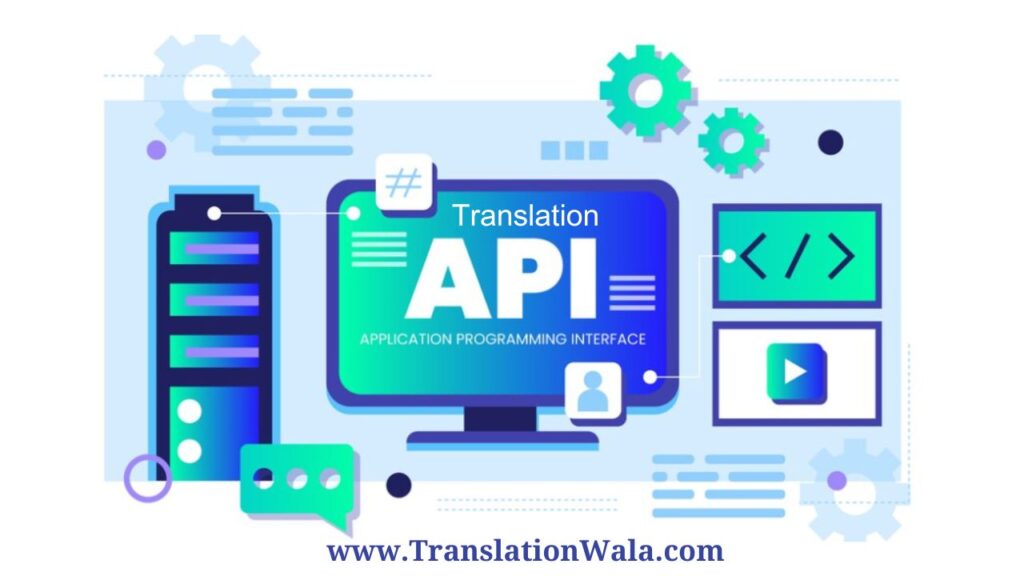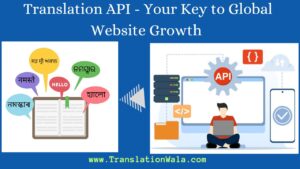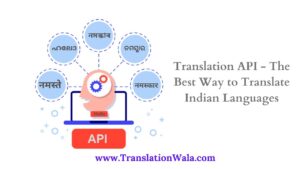Translation API: Being able to speak clearly across languages is more important than ever in a world that is becoming more and more linked. This is especially true in India, which has a large population that speaks more than 120 different languages and a rich cultural history. The need for smooth language translation has gone through the roof since the internet and digital material have become so popular. APIs for translation have become a strong way to connect people who speak different languages and help businesses and individuals reach more people.
What is a Translation API?
An Application Programming Interface (API) for translation is a piece of software that lets websites and apps talk to a translation service. The main thing it does is connect the source language to the target language, letting text, speech, and other material be translated in real time. Most translation API are built on machine translation (MT) technology, which uses complex algorithms and neural networks to translate languages more accurately and quickly.

Benefits of Translation APIs for Indian Language Translation
There are many good things about using translation APIs for Indian language translation, such as:
- Accessibility and Inclusion: Because they let material be translated into many Indian languages, Translation APIs remove language hurdles and make information easier for more people to find. This is especially helpful for services like education, health care, and government that need to reach a wide range of people.
- Enhanced Communication: There is easy contact between people and businesses in India thanks to translation APIs. This lets them interact, work together, and do business efficiently. This helps people from different cultures understand each other and also helps the economy grow and improve.
- Content Localization: With the use of application programming interfaces (APIs), companies are able to translate their websites, mobile applications, and other marketing materials into a variety of Indian languages. They can reach more customers, grow their business, and make the user experience better because of this.
- Preservation of Cultural Heritage: Translation APIs are very important for keeping India’s rich cultural history alive and spreading its message. Translation APIs help protect India’s rich linguistic heritage by letting works of literature, historical records, and cultural practices be translated into many Indian languages.
Also Read: Localize Your Brand for India’s Regional Market
Impact of Translation API on Indian Language Translation
The method of translating across Indian languages has been significantly altered with the implementation of Translation API. Because of these application programming interfaces (APIs), translation has become not only quicker but also more accurate. This opens up the possibility for individuals and companies to communicate and do business with one another despite language difficulties. It is expected that as Translation APIs continue to develop and adapt, they will have an even larger impact on Indian language translation, therefore making society more interconnected and welcoming to people of all backgrounds.
Conclusion
Translation API (application programming interfaces) have emerged as an essential means by which individuals and businesses in India may communicate with individuals who are fluent in other languages and mutually assist one another. The use of these application programming interfaces makes it simple to translate between a variety of Indian languages. This not only fosters better communication between different cultures but also helps the market expand while simultaneously safeguarding the nation’s illustrious linguistic past. The impact that translation APIs will have on Indian culture will become much more significant as their quality improves. Because of this, the future will be one that is more connected, open, and multilingual.



